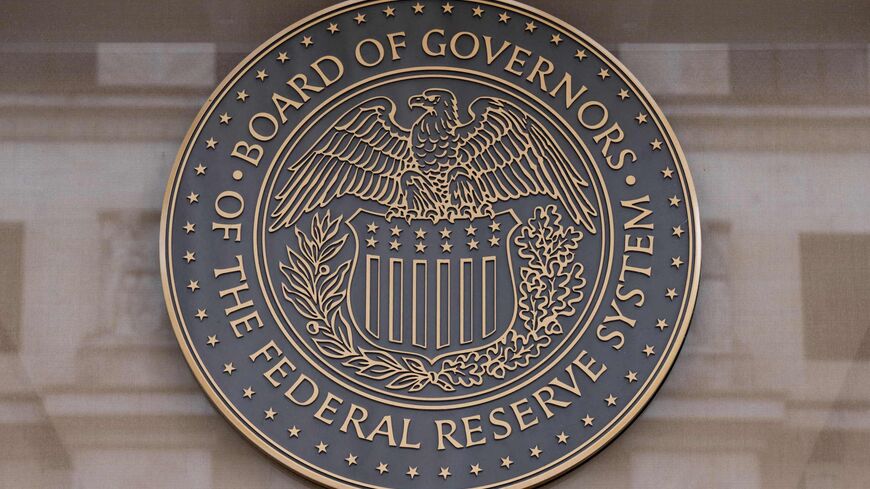Gulf central banks raised interest rates on Wednesday, mirroring the US Federal Reserve.
The Saudi Central Bank raised its key rates by 0.25%, citing "monetary stability." The repo and reverse rates are now 6% and 5.5%, respectively, according to a press release.
The Qatar Central Bank raised its three rates by 0.25%. The deposit interest rate is now 5.75%, the lending interest rate is 6.25% and the repo rate is 6%, per a press release.
The Central Bank of the United Arab Emirates raised its key rate by 0.25% to 5.4%, citing the Federal Reserve's decision, the bank said in a press release.
The Central Bank of Kuwait raised its key rate by 0.25% to 4.25% due to "its continuous monitoring of the economic, monetary and banking developments," according to a release from the bank.
The Central Bank of Bahrain raised its key policy rate by 0.25% to 6.25%, citing "monetary and financial stability." The bank also raised its overnight deposit rate by 0.25%, but left some other rates, including the lending rate, unchanged, according to a press release.
Oman did not immediately announce a decision.
Background: The Federal Reserve raised rates by 0.25% to a range of 5.25%-5.5%, citing inflation. This rate is the highest since 2001.
The US monetary institution began raising interest rates in March 2022 in response to high inflation in the United States. Global inflationary pressures increased around the world early last year in response to the Russian invasion of Ukraine and the resulting shocks to the global supply chain.
The Fed instituted 10 straight hikes until this past June when it decided to pause.
Central banks in the Gulf usually mirror the Federal Reserve’s decisions. In May, Gulf central banks raised rates after the Fed did so. In June, they held firm.
Higher interest rates can lower inflation by encouraging saving, but they also have negative effects. Elevated interest rates make it more expensive to borrow and also tend to have a negative effect on stock markets.
Know more: Turkey’s Central Bank raised interest rates earlier this month amid the government’s economic overhaul. Under the influence of Turkish President Recep Tayyip Erdogan, the bank cut interest rates last year despite high inflation. Hafize Gaye Erkan, a former banking executive in the United States, took over as the bank’s governor in June following Erdogan’s election victory.








